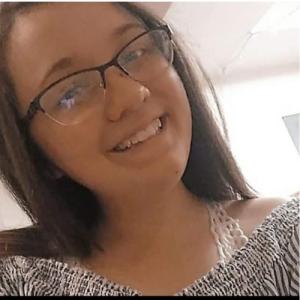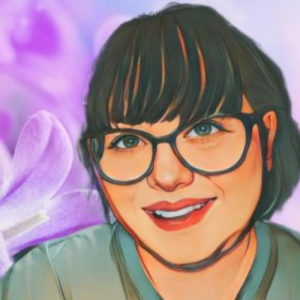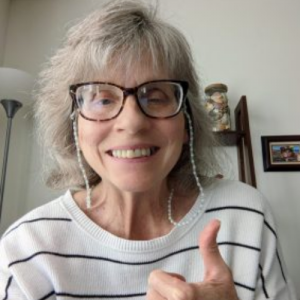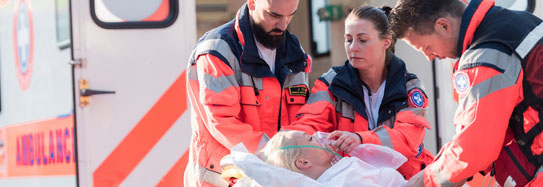Post-traumatic stress disorder is a mental health condition caused by a trauma. The trauma can be a one-time thing (such as being victim of a crime) or long-term (such as living in a war zone or through a natural disaster). No one knows why some people bounce back after a trauma while others develop PTSD or why some people experience PTSD symptoms within weeks of the trauma and others may only start having symptoms years later.
Sepsis is a life-threatening emergency that happens when your body’s response to an infection damages vital organs and, often, causes death. Like strokes or heart attacks, sepsis is a medical emergency that requires rapid diagnosis and treatment.
Patients treated for sepsis in an ICU undergo several traumas. They have a serious illness, potentially bringing them to the brink of dying. Their body is subjected to numerous medical interventions. They are often in severe pain, and they feel scared and helpless. Add to this being in the busy ICU environment 24 hours a day, and the situation is primed for a psychological reaction like PTSD.
Suggested Citation:
Sepsis Alliance. Sepsis and Post-Traumatic Stress Disorder (PTSD). 2024. https://www.sepsis.org/sepsisand/post-traumatic-stress-disorder-ptsd/
Updated March 14, 2024.






































